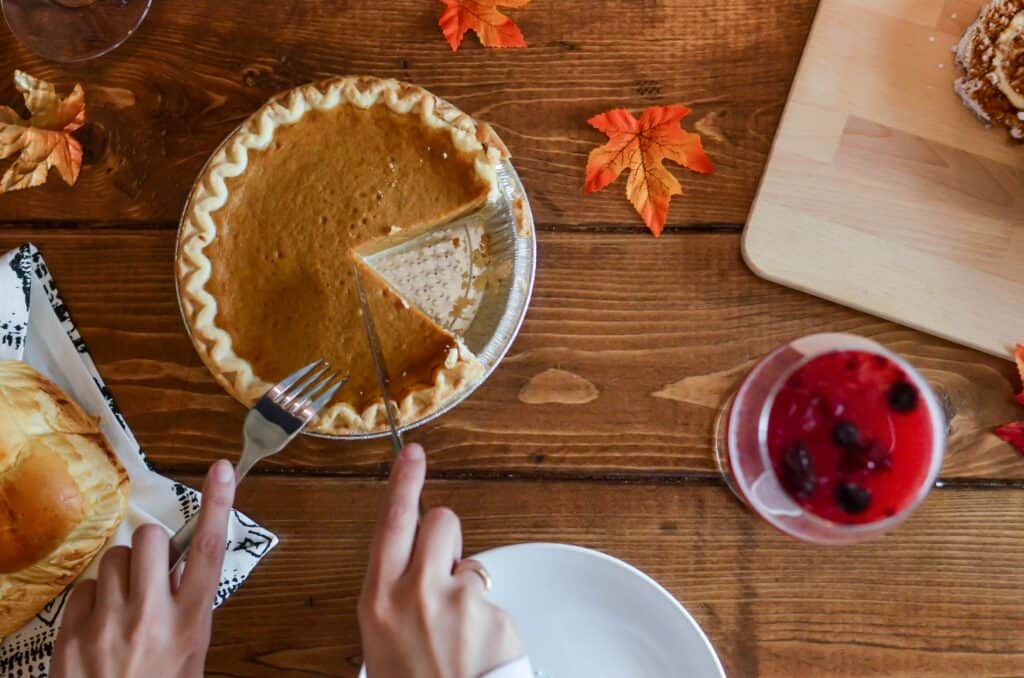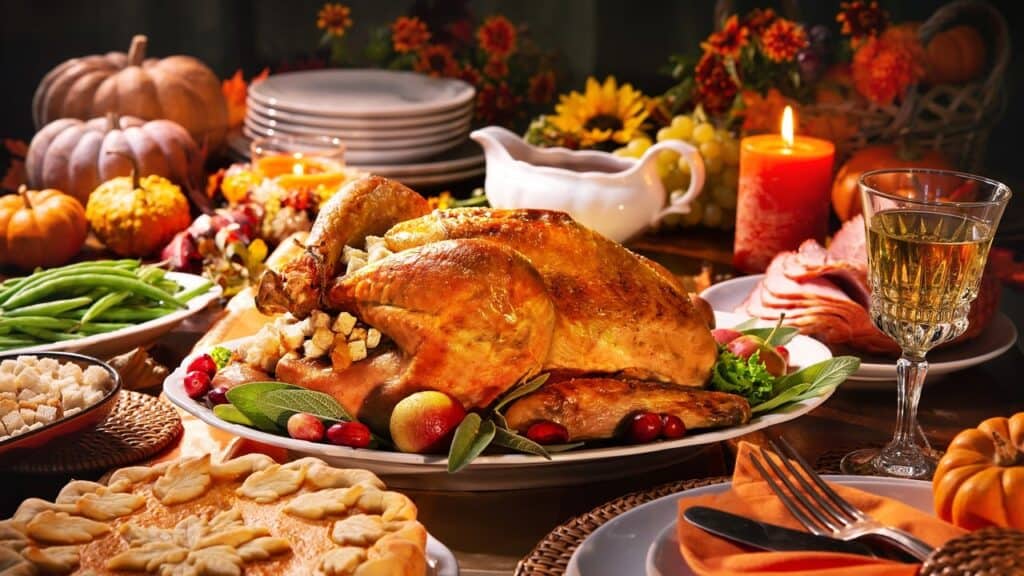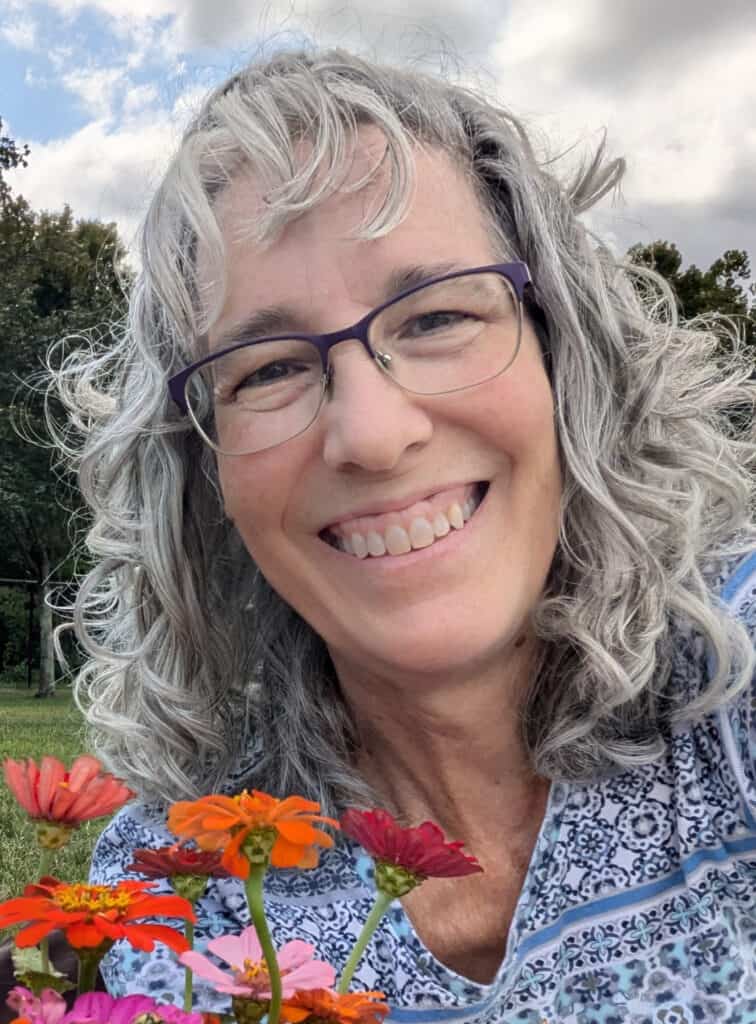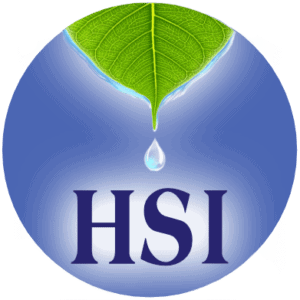
On the fourth Thursday in November, Thanksgiving Day is celebrated in the United States. The tradition of giving thanks in this country is attributed to the Pilgrims, who settled in what became Plymouth, Massachusetts, in 1620. After a brutal winter, only half survived. In the spring of 1621, the Pilgrims welcomed the arrival of Squanto, a Pawtuxet Native American, who had been kidnapped, taken to Europe, and sold into slavery many years earlier. Eventually, he escaped to London where he learned to speak some English and later returned to his homeland. Squanto taught the settlers how to survive and instructed them on how to plant corn and fish. He was instrumental in negotiating a peace agreement with the Wampanoag tribe, an alliance that lasted over 50 years. With a successful harvest that fall, in November 1621, the Pilgrims organized a three day festival of thanksgiving to God and invited the Wampanoag to enjoy feasting and games.
In 1789, after the American Revolution, President George Washington called for a national day of thanksgiving to God stating, “Whereas it is the duty of all Nations to acknowledge the providence of Almighty God, to obey his will, to be grateful for his benefits, and humbly to implore his protection and favor– and whereas both Houses of Congress have by their joint Committee requested me to recommend to the People of the United States a day of public thanksgiving and prayer to be observed by acknowledging with grateful hearts the many signal favors of Almighty God especially by affording them an opportunity peaceably to establish a form of government for their safety and happiness.”
In 1863, in the midst of the Civil War, President Abraham Lincoln issued a proclamation entreating all Americans to ask God to “commend to his tender care all those who have become widows, orphans, mourners or sufferers in the lamentable civil strife” and to “heal the wounds of the nation.” At that time, Thanksgiving Day was held on the last Thursday in November and was celebrated on that day until 1941 when President Franklin D. Roosevelt changed the date to the fourth Thursday in Thanksgiving.
Canadian Thanksgiving is celebrated on the second Monday in October every year since 1957. Parliament officially declared Thanksgiving as “a day of general thanksgiving to almighty God for the bountiful harvest with which Canada has been blessed.”
For many, Thanksgiving Day is a day of celebrating family and friends with feasting and watching football. The meal traditionally includes turkey, ham, stuffing, sweet potatoes, mashed potatoes, cranberry sauce, bread, green beans, pecan pie, and pumpkin pie. With such a bounty of deliciousness, symptoms of overindulgence are common.
Be prepared for the after effects of Thanksgiving dinner indulgence with these homeopathic remedies:
Arsenicum album – for upset stomach from food poisoning with cramping, restlessness, and burning.
Carbo veg – for abdominal distension and gas with rancid burping and gas.
Colocynthis – for stomach colic with cramping pains that are better for bending double and hard pressure. Especially after an argument.
Lycopodium – for a sense of fullness after eating only a little followed by burning, burping, and noisy gas.
Nux vomica – for excessive eating of rich and spicy food that results in painful cramping and an uncomfortable and unsuccessful urge to pass stool. There is anger, irritability, sensitivity to noise and light, and a desire to be left alone.
Happy Thanksgiving! Happy Homeopathy!



